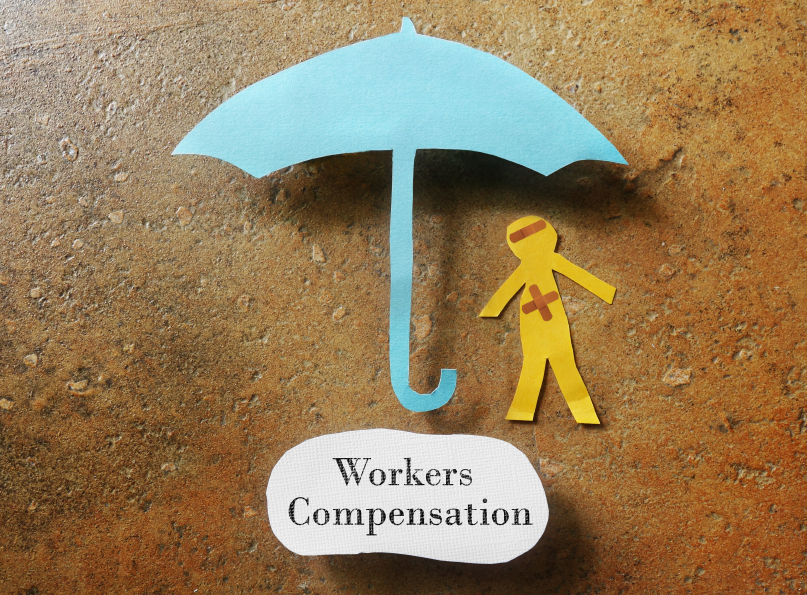Established in 1913, the Department of Labor (DOL) has legal responsibility over matters related to employment. On their website today, they state their mission[i]:
 |
“To foster, promote, and develop the welfare of the wage earners, job seekers, and retirees of the United States; improve working conditions; advance opportunities for profitable employment; and assure work-related benefits and rights.”
In practical terms, this means the DOL is responsible to enforce around 180 laws that relate to working conditions and terms of employment in the United States. These laws affect millions of workers throughout the country.
The Way the DOL Works
Here is a summary of some of the most well-known and often-used laws that the DOL enforces and other DOL responsibilities. Obviously, this list is not comprehensive; it is meant to give an overview of the biggest DOL responsibilities.
Here are some prime examples:
- Workers’ compensation is administered by the DOL at the state level for each state’s workers’ compensation laws.
- Employment of immigrants in the United States is handled by the DOL in a couple different capacities:
- First, there is the Migrant and Seasonal Agricultural Worker Protection Act (MSPA), which handles employment regulations for this type of worker and is administered by the Wage and Hour Division of the DOL.
- Separately, there is the Immigration and Nationality Act (INA), which mandates that employers that employ immigrants on an H-2A visa must get a labor certificate to do so. This is handled by the Employment and Training Administration of the DOL.
- Fair Labor Standards Act (FLSA), which put in place the standard workweek, minimum wage, and overtime regulations. It also restricts child labor. The Wage and Hour Division of the DOL administers the FLSA.
- Occupational Safety and Health Act (OSH Act) is administered by the Occupational Safety and Health Administration (OSHA) within the DOL. OSHA also enforces most whistleblower protections.
- Employee Retirement Income Security Act (ERISA) is enforced by the Employee Benefits Security Administration (EBSA) within the DOL.
- The EBSA also administers the Comprehensive Omnibus Budget Reconciliation Act (COBRA), the Health Insurance Portability and Accountability Act (HIPAA), and now the Patient Protection and Affordable Care Act (ACA).
- Unemployment insurance benefits and job training programs are also handled by the DOL. They work with state groups to administer it.
- Consumer Credit Protection Act handles wage garnishment rules and is administered by DOL’s Wage and Hour Division.
- Worker Adjustment and Retraining Notification Act (WARN), which is enforced by the Employment and Training Administration.
- Family and Medical Leave Act (FMLA) is also administered by DOL’s Wage and Hour Division.
- Uniformed Services Employment and Reemployment Rights Act (USERRA), which gives reemployment rights to uniformed servicemembers and is administered by the Veterans’ Employment and Training Service (VETS). VETS also provides other employment and training services for veterans, servicemembers, and their spouses.
- Government Contracts and associated regulations are also administered by the Wage and Hour Division. These include regulations relating to prevailing wages, federal contractor wage rates and labor standards, and more.
As noted above, this list gives an overview of some of the primary responsibilities of the DOL, but it is far from comprehensive. For example, they’re also responsible for employment data collection through the Bureau of Labor Statistics (BLS)—which is not a legal matter, but still falls under DOL’s purview. The Department of Labor has taken on a lot of responsibilities in the 100+ years it has been around!
*This article does not constitute legal advice. Always consult legal counsel with specific questions.
[i] http://www.dol.gov/opa/aboutdol/mission.htm
About Bridget Miller:
Bridget Miller is a business consultant with a specialized MBA in International Economics and Management, which provides a unique perspective on business challenges. She’s been working in the corporate world for over 15 years, with experience across multiple diverse departments including HR, sales, marketing, IT, commercial development, and training.

You have a good list. But I would add that DOL enforces the Labor-Management Reporting and Disclosure Act of 1959 (LMRDA). The LMRDA promotes union democracy and financial integrity in labor unions through standards for union elections and safeguards for union assets.
I began investigating union finances and supervising union elections in 1971. I was a union officer, but I always supported the LMRDA. Having clean unions is good for workers. Having honest management would also help, but that is another problem.